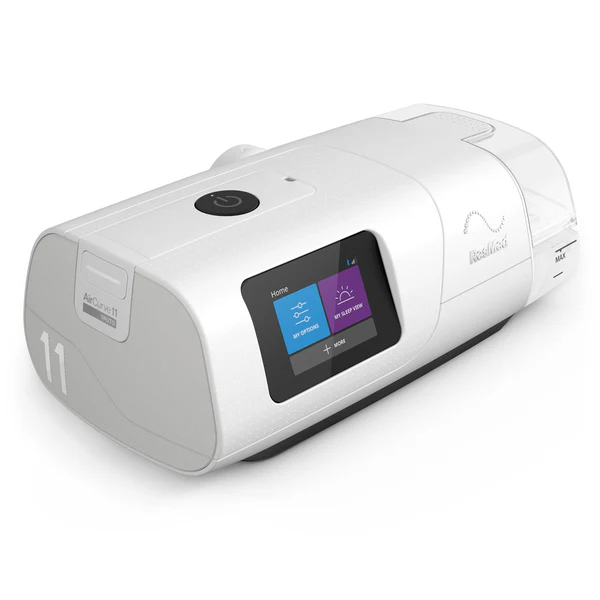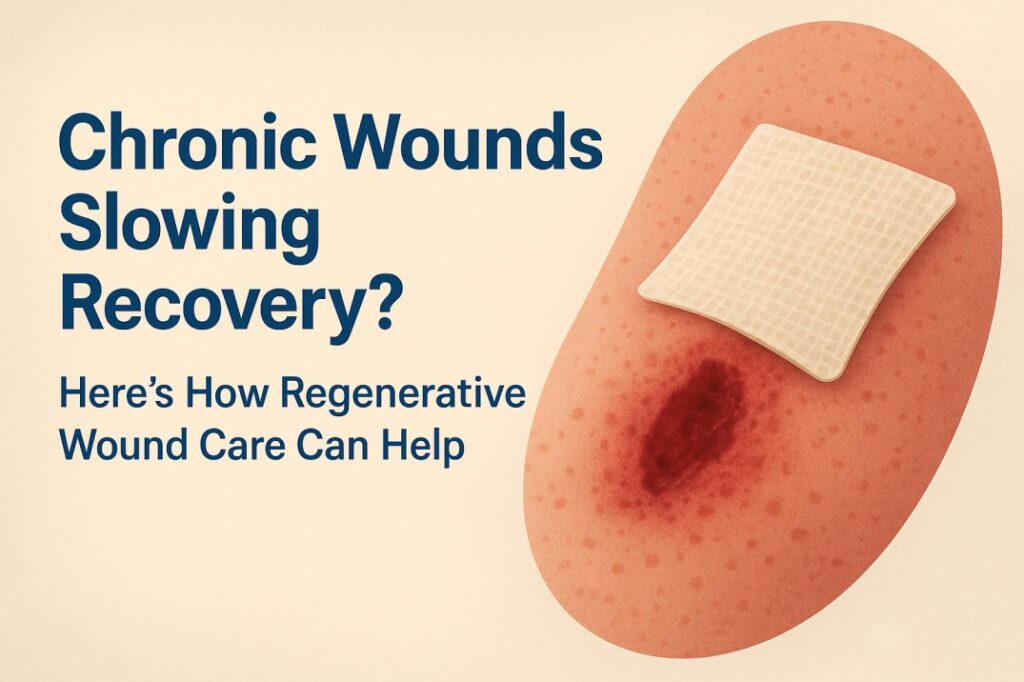Rest is crucial to body and brain health. For people with sleep apnea, however, getting a good night’s sleep is not always so easy to achieve. Sleep apnea causes incessant interruptions in breathing that leave sleep and other health issues in disarray. One of the most alarming side effects is declining brain performance—having a difficult time remembering, concentrating, and thinking clearly. The good news is treatments such as BiPAP therapy may be helpful. This article explores the possibility of enhancing the brain functions of sleep apnea victims through the use of a BiPAP machine.
Learning About Sleep Apnea and How It Destroys the Brain
Obstructive sleep apnea (OSA) is a disorder caused by airway obstruction during sleep, and multiple awakenings take place even if the person is not conscious of it. Such obstruction progressively intrudes upon the brain over time.
People with sleep apnea suffer from memory loss, lack of concentration, and mood swings. This is because the brain is receiving inadequate oxygen and rest. This may cause long-term damage over some time. Even if sleep apnea is untreated, it has been associated with an increased risk of dementia in research studies.
What is BiPAP Therapy?
BiPAP stands for Bilevel Positive Airway Pressure. BiPAP devices assist those who experience sleep apnea in breathing easier at night. While a CPAP machine has a constant airflow, a BiPAP supplies two levels of pressure—increasing air pressure during inhalation and decreasing pressure during exhalation. This is less of a struggle to breathe through with some people and those having problems breathing with a CPAP device.
BiPAP is typically prescribed to individuals with moderate to severe sleep apnea or those who did poorly with CPAP. It is also prescribed to those with other breathing problems. It is to keep the airway open, enhance oxygen in the airway, and give the brain some time to relax and repair itself during the night.
How Lack of Restful Sleep Affects Cognition
To comprehend the advantages of BiPAP therapy, we should understand what sleep does to the brain. While sleeping in a state of depth, the brain removes waste products, consolidates memory, and consolidates information. Whenever sleep is disrupted—such as in sleep apnea—these functions do not happen.
Research shows that those with sleep apnea suffer from decreased attention capacity, delayed reaction times, and impaired problem-solving skills. In children with sleep apnea, school performance is also impacted, and in adults, their work and interpersonal relationships can suffer as well. Repeated drops in oxygen levels and interrupted sleep over a prolonged period can also harm brain cells and dull mental acuity.
Does BiPAP Therapy Rehabilitate the Brain?
The good news is that some of the damage caused by sleep apnea is reversible with the treatment of a BiPAP machine. In a matter of weeks of starting with the treatment, most of these patients report being clearer in mind. They also sleep better, wake up feeling more refreshed and gain more energy during the day. More importantly, their ability to concentrate and recall is normally improved.
Scientific studies confirm this. For example, studies have shown that those who continue to use BiPAP or other breathing machines experience fewer cognitive problems in the long run. Even brain scans have shown improvement in brain regions linked to memory and concentration.
By supplying the brain with increased oxygen and adequate rest, BiPAP treatment allows it to perform its natural repair job. It perhaps cannot correct all long-term sleep apnea damage, but it can be a substantial improvement—especially if initiated early on.
Tips to Get the Best Out of BiPAP Therapy
Brain benefits of the treatment can be attained only through frequent use of the BiPAP machine by sleep apnea sufferers. Below are some helpful hints to make it easier to use and be effective with the treatment:
- Using a comfortable and fitting mask is really helpful. There is a tremendous number of them from which to choose.
- You will gradually get accustomed to the machine. Use it in short sessions, starting with and steadily increasing.
- Clean filters and masks on a regular basis to avoid inhaling germs or chips of dust.
- Collaborating with a physician – Regular inspections can guarantee that the pressure is set at the right level and that the equipment is functioning properly.
- Be persistent: Gains in memory and concentration will probably be progressive throughout continuous practice time.
Utilization of a breathing support device in the form of a BiPAP or other positive airway pressure machine will achieve remarkable sleep and mental acuity improvement.
Conclusion
Cognitive function is also heavily affected by sleep apnea. But it does not have to be that way. BiPAP treatment gives the body a way to breathe with ease at night and delivers the oxygen and repose the brain craves. Using BiPAP every day, individuals report that they’re sharper, more attentive, and more focused. It is not a miracle cure, of course, but it is a powerful tool in the fight against sleep apnea and its effects on intellectual function. For those with symptoms of sleep apnea, a discussion with a physician about BiPAP treatment may be the key to better sleep—and a sharper mind.









